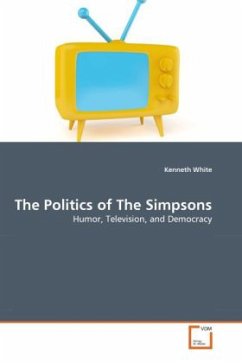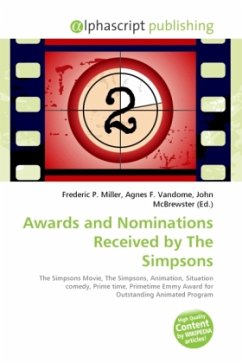The political content of The Simpsons, the effects of that content on viewers, and the relationship between humor and public opinion have long been sources of curiosity. When America's favorite animated family first aired, conservative Republicans criticized The Simpsons as a corrupting influence, which caused some people to believe the show favors the political left. Scholars, critics, and fans have argued over the partisan content of the show and its effects on viewers for years with scant empirical data to guide the debate. This book speaks to this lack of evidence by addressing systematically the questions of partisan bias, the effects of the show on viewers, and how such effects compare to the effects of traditional situation comedy programming. Utilizing a content analysis, an experimental design, and a secondary analysis of national survey data in the United States, this book sheds light on the politics of The Simpsons and the role of humor in a democratic society in a waythat should be especially useful to any fan of the Springfield universe.
Bitte wählen Sie Ihr Anliegen aus.
Rechnungen
Retourenschein anfordern
Bestellstatus
Storno








